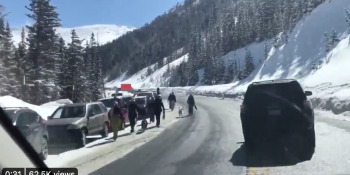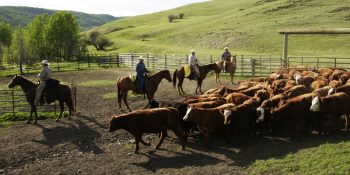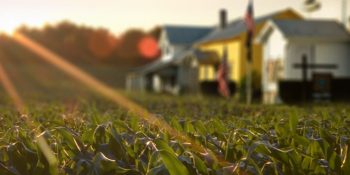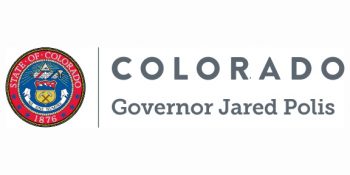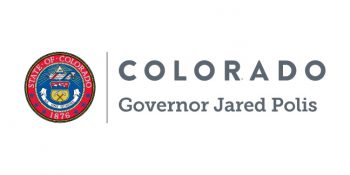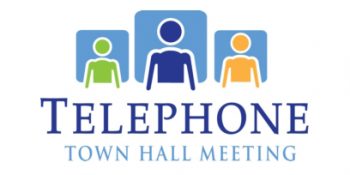DENVER – Today Governor Polis announced a number of state actions to address the impact of COVID-19. Actions include a special enrollment period for uninsured Coloradans, executive orders temporarily suspending elective surgeries and reducing in-person contact related to election requirements, and an updated public health order from the Colorado Department of Public Health and Environment.
“As a state, we are looking at all possible solutions to ensure we are protecting the health and safety of Coloradans and minimizing the duration of the crisis,” said Governor Jared Polis. “This is a coordinated effort with all state agencies and community partners to utilize every resource available during this difficult time to reduce the severity and duration of the crisis. Together, we will get through this.”
The Governor signed an executive order today temporarily suspending elective and non-essential surgeries and procedures to preserve important medical equipment, like personal protective equipment and ventilators, needed to combat COVID-19. The executive order is in effect from March 23 to April 14, with the exception of rural and critical access hospitals. The state recognizes the unique challenges faced by rural hospitals and their essential role in providing support to their communities. This includes all voluntary or elective surgeries or procedures, whether medical, dental, or veterinary. A voluntary or elective surgery or procedure means the surgery can be delayed without risk to the current or future health of the patient. Read the full executive order here.
The Governor also issued an updated executive order for in-person contact regarding elections and operations in the Secretary of State’s Office. This includes the suspension of any in-person filings of forms, statements, applications or any other documents with the Secretary of State’s office. This executive order also includes directives for the Title Board, county clerk’s offices and county canvass board. Read the full executive order here.
In addition, the Colorado Department of Public Health and Environment issued an updated public health order closing bars, restaurants, theaters, gyms and casinos to include nonessential personal services facilities, horse track and off-track betting facilities statewide. Nonessential personal services include hair or nail salons, spas, or tattoo or massage parlors. Click here to read the updated public health order.
The Division of Insurance and Connect for Health Colorado today announced that Emergency Regulation 20-E-02 will establish a special enrollment period (SEP) for uninsured Coloradans to get health insurance. Uninsured people will be allowed to enroll in individual health insurance plans (meaning plans NOT from an employer) from March 20 through April 3, 2020. Coverage will be effective starting on April 1, regardless of when someone enrolls during that window. Only people who are currently uninsured are eligible to enroll, as this is not a period for people with coverage to change plans. Uninsured spouses and children will also be allowed to enroll at this time, even if one spouse or a child’s parent may already be insured.
“Many people are unaware that they are eligible for financial assistance to help lower their premiums,” said Michael Conway, Colorado Insurance Commissioner. “We encourage everyone who is uninsured to use this opportunity to visit Connect for Health Colorado, check what assistance they may be eligible for, and enroll in coverage.”
Coloradans who lose their job, or who may lose their job in the coming weeks, and thus lose their employer-based health insurance, are reminded that loss of such coverage allows them a 60-day window to enroll in individual coverage, whenever that might happen throughout the year. See Connect for Health Colorado’s “When can I buy insurance?” page for details.
“We’re ready to do our part to help protect the health and well-being of as many Coloradans as possible,” said Connect for Health Colorado® Chief Executive Officer Kevin Patterson. “It is our mission to increase access to health insurance, and I am pleased we can make it easier for people to get the coverage they need at this critical time. I encourage all uninsured Coloradans, especially those who are newly uninsured, to enroll now by reaching out to Connect for Health Colorado.”
Colorado consumers are encouraged to enroll through our state’s exchange, Connect for Health Colorado. Financial assistance for those who qualify is only available when enrolling through Connect for Health Colorado. Contact Connect at 855-752-6749 or find in-person assistance through their statewide network of certified experts at connectforhealthco.com/person-help, including appointments with a broker or assister by phone. In addition, Connect for Health offers tools such as the Quick Cost & Plan Finder that can help check eligibility for financial assistance while finding plans that fit consumers’ needs.
SPREAD THE NEWS
COMMENT, Like, Follow & SHARE @I70Scout


